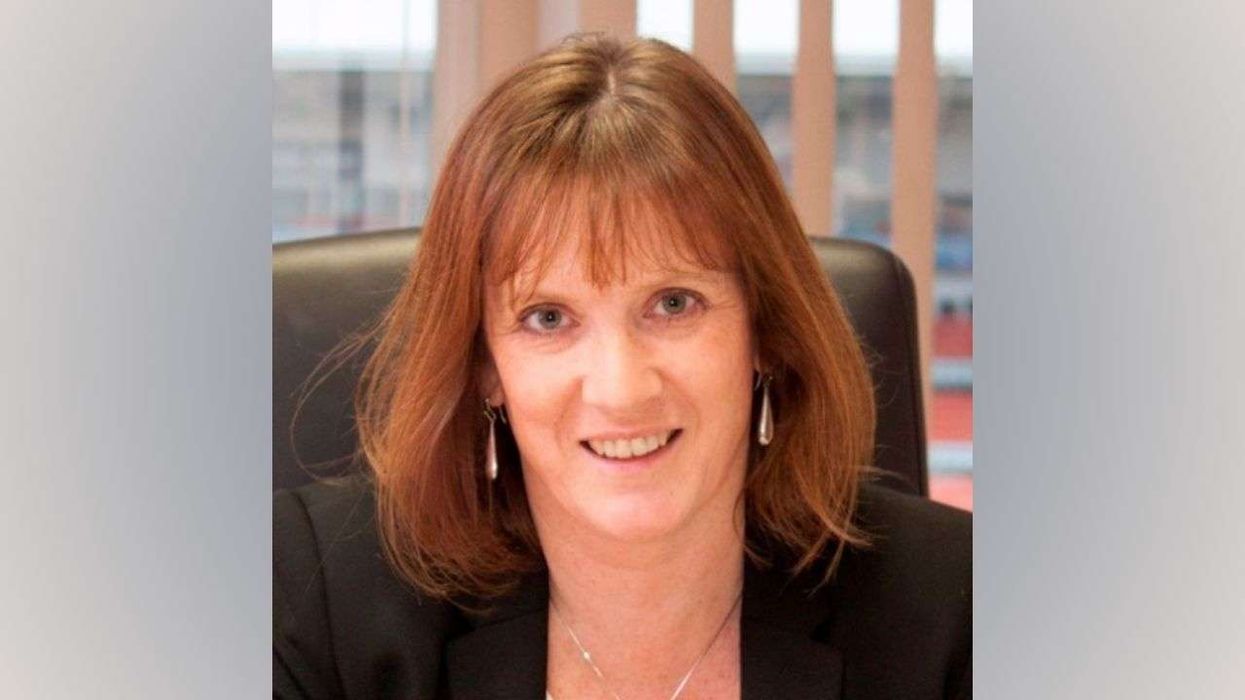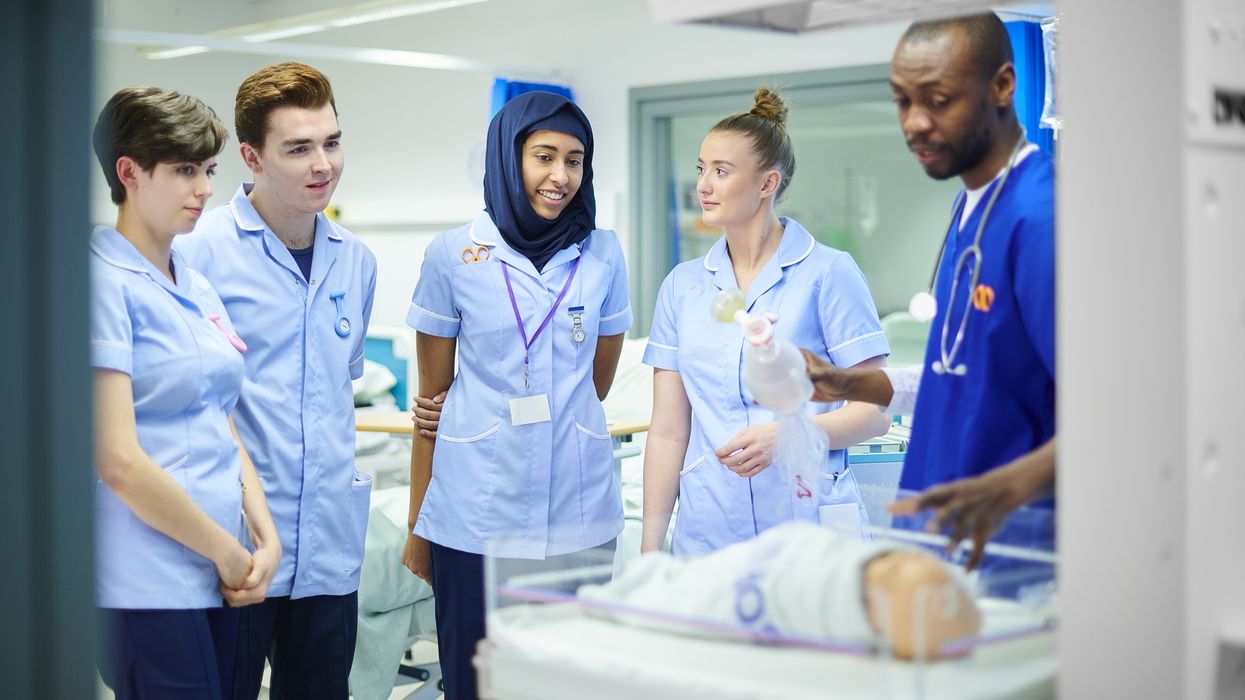The UK variant of the coronavirus has developed a new, concerning mutation in a small number of cases, which scientists said makes it similar to the South African and Brazilian variants and could reduce the efficacy of vaccines.
The emergence of the mutation to the variant first discovered in Britain highlights how complicated exiting COVID-19 lockdown will be even once vaccines are rolled out.
Public Health England said there had been 11 reports of the UK variant which feature the E484K mutation, mostly in south-west England.
The E484K mutation, which occurs on the spike protein of the virus, is the same change as has been seen in the South African and Brazilian variants that have caused international concern.
“PHE is monitoring the situation closely and all necessary public health interventions are being undertaken, including enhanced contact tracing and control measures,” a PHE spokesman said.











